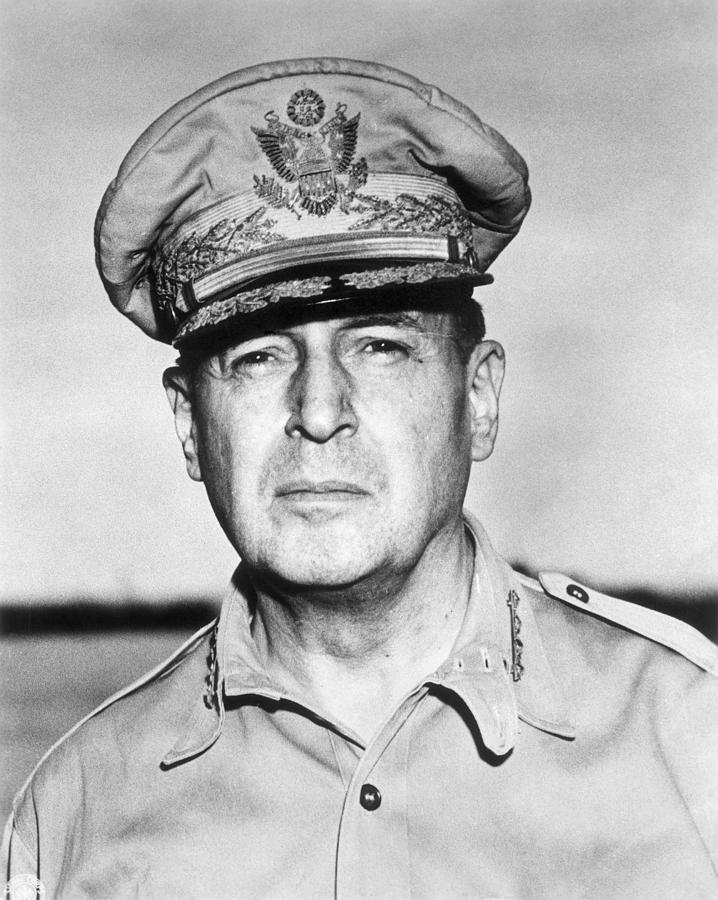The Of "Unveiling the Mind of a Brilliant Scientist: An Insight into Dr. Robert MacArthur's Work"

Always remembering Dr. Robert Macarthur: His Enduring Influence on Ecological Studies
Dr. Robert Macarthur, a popular ecologist, produced notable additions to the industry of eco-friendly studies during his lifetime. His job has had a lasting impact on the understanding of species synchronicity and neighborhood design in eco-friendly systems. In this post, we will certainly look into Dr. Macarthur's vital ideas and how they continue to mold our understanding of conservation.
One of Dr. Macarthur's very most prominent ideas was the idea of particular niche dividing, which refers to how various species split sources within an ecological community to stay away from competition along with one yet another. He suggested that species inhabit certain specific niches based on their unique criteria for survival and duplication, allowing them to exist together in the same habitat without directly competing for information. This concept challenged the dominating idea at the time that identical species can not exist side-by-side in the very same ecological community.

To support his idea, Dr. Macarthur performed significant fieldwork on bird populaces in North America. He noticed that carefully related bird species often tended to occupy distinctive feeding niches through targeting various food items sources or using different foraging methods. This monitoring delivered observational evidence for specific niche partitioning and highlighted its value in sustaining biodiversity within communities.
Dr. Macarthur likewise recommended the idea of island biogeography, which focused on understanding species variety designs on isolated property masses such as islands or spots of environment bordered through unwelcoming atmospheres. He developed mathematical versions that predicted how species splendor would vary located on aspects such as isle size and range coming from landmass habitats.
These models illustrated that much larger islands would support even more unique neighborhoods due to their enhanced capability to sustain larger populaces and give a broader assortment of habitats for emigration through various species. Similarly, islands closer to mainland habitats were extra likely to get brand-new colonizing species through migration occasions, additionally raising their total biodiversity.
The principle of isle biogeography has been indispensable in guiding preservation efforts, specifically in broken habitations where isolated spots of land requirement to be preserved to preserve species diversity. Dr. Macarthur's job highlighted the significance of sustaining connection between these spots to help with species activity and genetics flow, thus reducing the risk of neighborhood extinctions.
On top of that, Dr. Macarthur's investigation on isle biogeography paved the method for further researches on metapopulations - populations of the exact same species that are spatially separated but can easily communicate with occasional transfer occasions. This concept has confirmed essential in understanding how species continue in ragged landscapes and how their populations can easily be effectively managed for long-term practicality.
In add-on to his academic additions, Dr. Macarthur was additionally an proponent for field-based ecological investigation, highlighting the importance of studying ecological communities in their natural situation instead than depending entirely on lab practices. He felt that eco-friendly researches ought to be grounded in real-world reviews and looked for to link the space between academic models and empirical record.
Dr. Macarthur's enduring effect on environmental research studies is noticeable via his numerous publications and his effect on subsequent productions of ecologists. His ideas have become essential supports in ecology schoolbooks and continue to direct modern research study initiatives aimed at understanding and preserving Earth's biodiversity.
In conclusion, Dr. Robert Macarthur revolutionized our understanding of environmental bodies through his groundbreaking work on niche market dividing, isle biogeography, and metapopulations. This Piece Covers It Well challenged prevailing views and provided a much more detailed platform for examining species conjunction and area characteristics within environments. Today, his principles stay central to ecological studies worldwide as we make every effort to decipher the ins and outs of our natural world and make sure its long-term survival.
Keep in mind: Word count - 541 phrases
